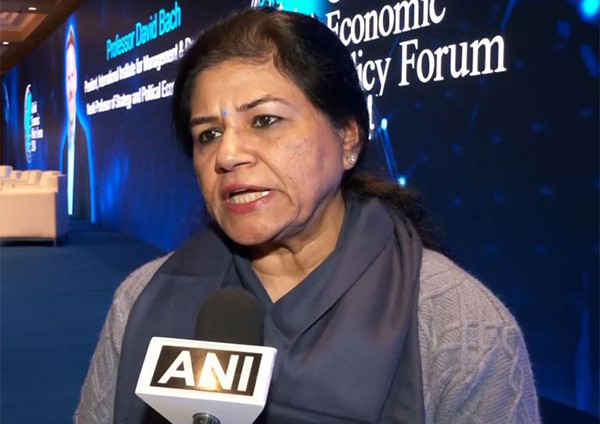The Labour Ministry is upgrading its IT systems to provide enhanced services to the country’s massive workforce.
Starting next year, EPFO subscribers will be able to withdraw their provident funds directly from ATMs, according to Labour Secretary Sumita Dawra.
We are settling claims quickly and are working to make the process easier to improve the ease of living. A claimant, beneficiary, or insured person will be able to access their claims conveniently through ATMs, with minimal human intervention,” the Labour Secretary said.
Systems are evolving, and every two to three months, you will notice significant improvements. I believe there will be a major enhancement by January 2025,” she told ANI.
The Employees’ Provident Fund Organisation has over 70 million active contributors.
The Labour Secretary also emphasised the government’s efforts to improve EPFO services to enhance the ease of living.
Regarding plans to extend social security benefits to gig workers, Dawra said progress was at an advanced stage but refrained from specifying a timeline.
“A lot of work has been done, and we have outlined a scheme that is now in the finalisation process,” she said. These benefits could include medical health coverage, provident funds, and financial support in cases of disability.
A committee comprising representatives from various stakeholders has been established to propose a framework for providing social security and welfare benefits to gig and platform workers.
Gig and platform workers were defined for the first time in the Code on Social Security, 2020, which was enacted by Parliament. Provisions related to their social security and welfare are included in the Code.
The Labour Secretary also addressed the unemployment issue, highlighting that the unemployment rate has declined.
“In 2017, the unemployment rate was six per cent. Today, it has decreased to 3.2 per cent,” she said.
“Furthermore, our workforce is growing. The Labour Force Participation Rate is increasing, and the Worker Participation Ratio, which indicates how many people are actually employed, has reached 58 per cent and continues to rise,” she added. (ANI)
